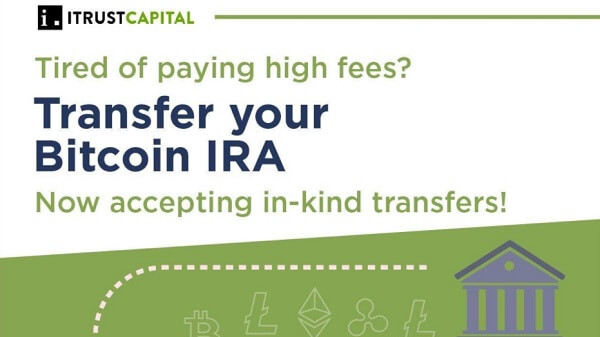
Apart from data analysis done alone or in cooperation with private companies, authorities may request information from centralized exchanges. Due to regulation, centralized exchanges may also be obligated to share such information. However, not all cryptocurrency exchanges collaborate with authorities.
A centralized exchange is a cryptocurrency exchange that is run by a single entity, such as Coinbase. To become a licensed operator in a certain country or territory, centralized exchanges need to comply with regulations.
For instance, to decrease cryptocurrency anonymity and the illicit use of cryptocurrencies, most centralized exchanges have incorporated Know Your Customer (KYC) checks. KYC is meant to verify customers’ identities alongside helping authorities to analyze activity on the blockchain. In practice, individuals need to submit a range of documents and their data before they are allowed to trade, invest and transact.
After KYC has been conducted, exchanges may be requested or may be obligated to share that data with law enforcement agencies. Since the exchange has individuals’ personal data and transaction data, so may the government. By using information obtained from centralized exchanges, the IRS can identify unknown Bitcoin wallets using KYC checks and corresponding personal information.
Nonetheless, not all exchanges use KYC. For example, it is difficult to make decentralized exchanges (DEXs) comply with regulations because they lack a headquarter and are not run by a centralized company or a small group of individuals.





 Bitcoin
Bitcoin  Ethereum
Ethereum  Tether
Tether  XRP
XRP  USDC
USDC  TRON
TRON  Lido Staked Ether
Lido Staked Ether  Dogecoin
Dogecoin  Figure Heloc
Figure Heloc
Be the first to comment